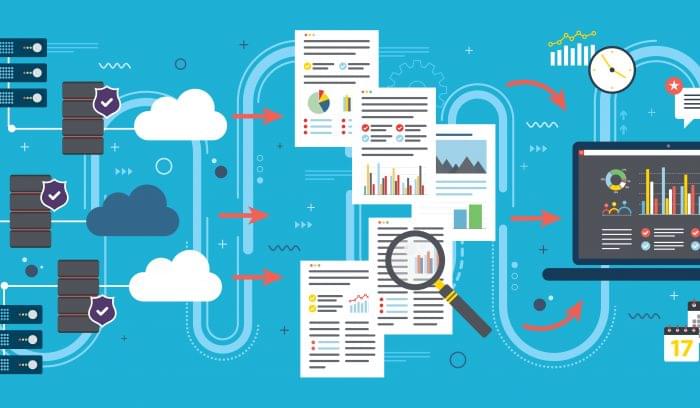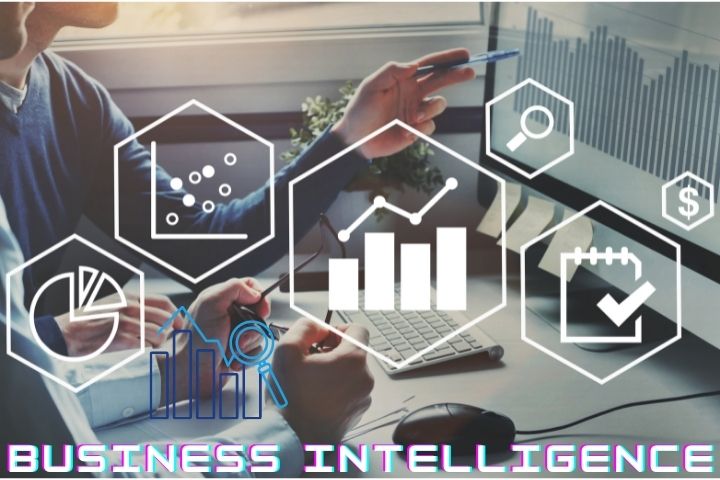

Many organizations have a legacy business intelligence ecosystem featuring multiple solutions for reporting, discovery, analysis, and other functions. A single BI platformĬonsider a solution that offers a single, integrated platform of applications. To make BI an effective solution for business units-or for anyone else with a relatively low level of technical knowledge-the solution has to be as user friendly and accessible as possible for all levels of employees throughout an organization. Historically, IT was responsible for all BI, because these solutions usually required specialized expertise such as an in-depth knowledge of SQL or extensive scripting for data preparation. The average enterprise solution requires an IT department to set up the environment and, in many cases, connect the internal and external data sources. But to do that, it needs to be a special kind of solution. Uncovering new revenue opportunities and patternsīI can help everyone in your organization.Optimizing call center and depot staffing levels.Tracking parts and material trends and supplier performance.Capturing insights about employees and prospects to optimize HR processes and recruitment.Gaining visibility into cash flow, gross margins, and operating expenses.The resulting information can be used throughout a company, from marketing and sales to supply chain and finance, for tasks such as How business intelligence solutions make the most of your dataīI solutions have the potential to be an essential tool for decision-making and strategy development. Enhance transparency and service at all levels.


Those data-processing leaders are exerting immense pressure on all competitors who fail to recognize the potential in-time data. The better organizations are at processing data, the more benefits they gain from BI. Using a best-in-class approach to BI can help your organization gain a competitive advantage by reducing the time and effort required to acquire, integrate, distribute, review, and respond to new data. That’s astonishing.ĭata and the ability to derive insights from that data is the most valuable resource for sustaining and growing businesses. About five years ago, someone said 90 percent of the world’s data was generated by the previous two years. It’s becoming more varied and more unstructured. Data is created by an increasing number of things-commonly called devices. It’s getting bigger, and it’s growing exponentially. This includes applications for data preparation, analysis, data visualization, reporting, and collaboration for use on premises, at the desktop, in the cloud, and away from the office via mobile capability.ĭata. For our purposes, the terms will be the same.Ĭurrent BI/business analytics solutions offer applications to help you gain actionable information at every stage of the process. When used together, “BI and business analytics” has a broader meaning and includes every aspect of gathering, analyzing, and interpreting data. Business analytics, however, refers more specifically to the process of examining data to find trends and insights. The terms business intelligence and business analytics are often used interchangeably. In general, a BI solution is a combination of strategy and technology for gathering, analyzing, and interpreting data from internal and external sources, with the end result of providing information and analytics about the past, present, and future state of the subject being examined. Search the internet, and you’ll find a variety of definitions for BI software.


 0 kommentar(er)
0 kommentar(er)
